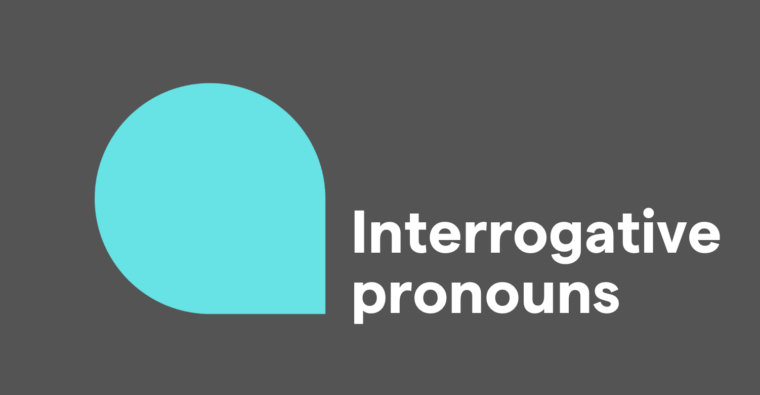
Verbs can be transitive or intransitive. What’s the difference? Let’s look at the definition of transitive. It means “affecting something else.” It’s easy to identify transitive verbs because they affect a direct object. That’s the reason “she pulls” sounds unfinished without a direct object. Transitive verbs need a direct object to receive their action. If the direct object is a pronoun, make sure you use the right form.
Intransitive is the opposite of transitive. Intransitive verbs complete their action without a direct object. You can end a sentence immediately after an intransitive verb without it sounding unfinished.
Though no direct object will ever follow, complements in the form of adjectives, adverbs, or prepositional phrases may accompany an intransitive verb.
To learn more about grammar and to help us celebrate National Grammar Day this March, visit our new resource page.





